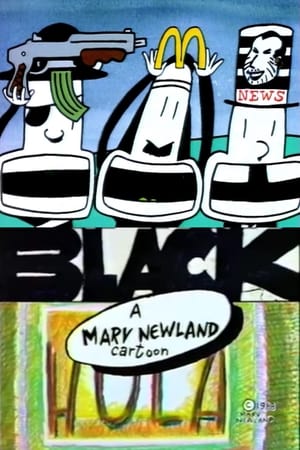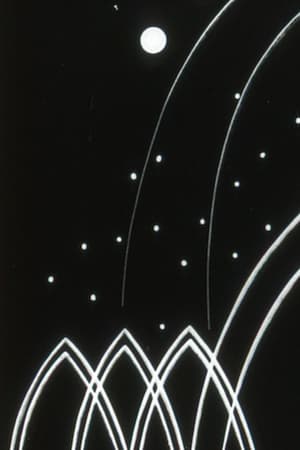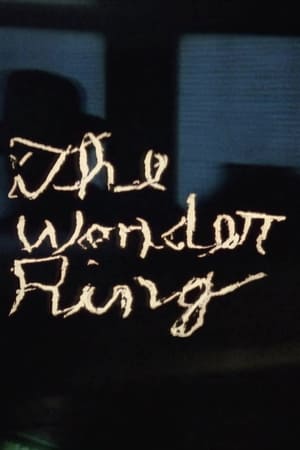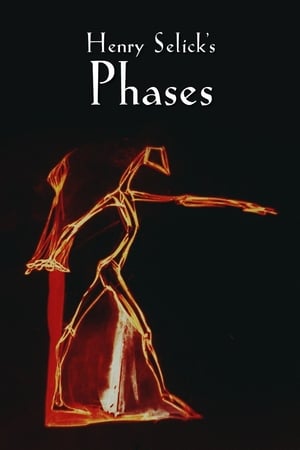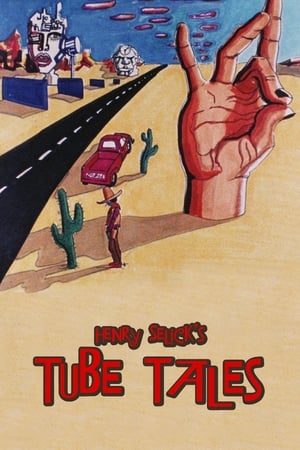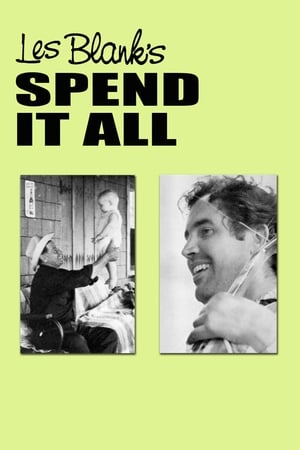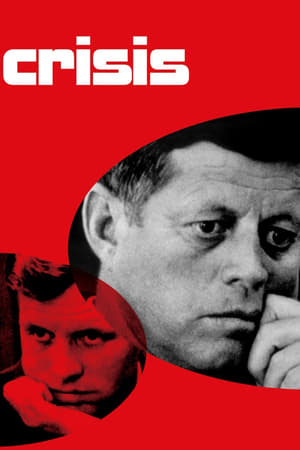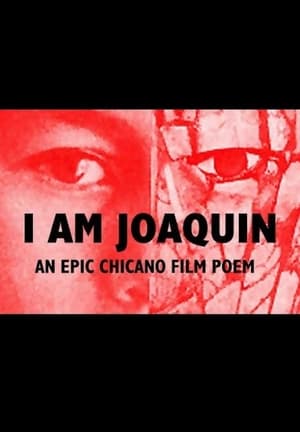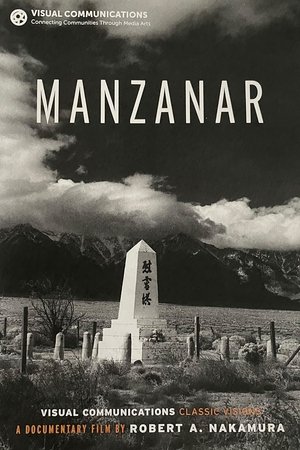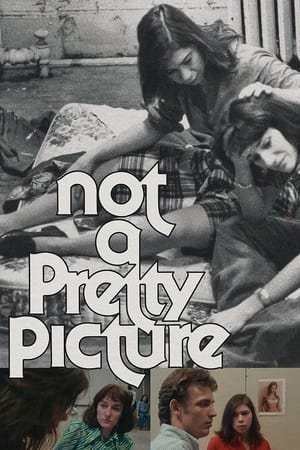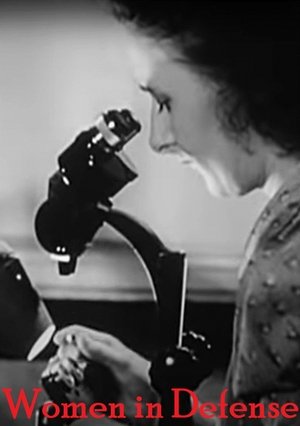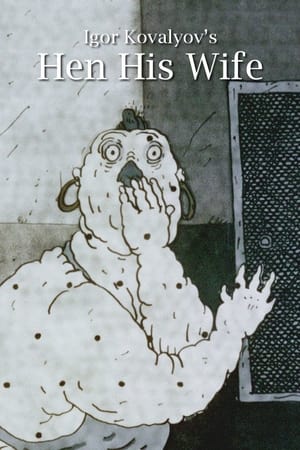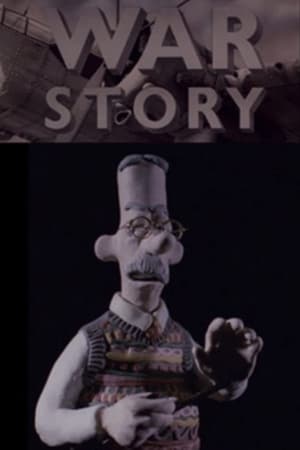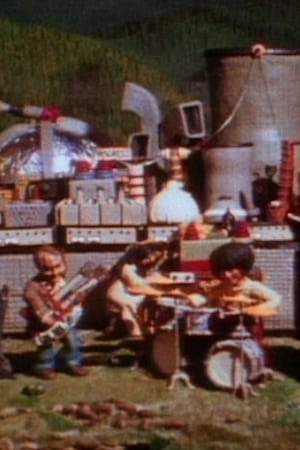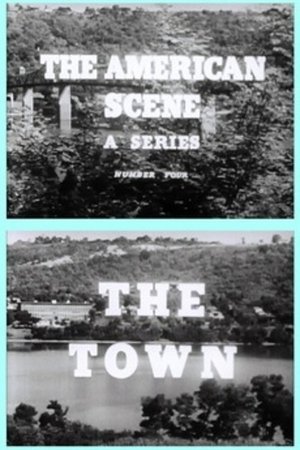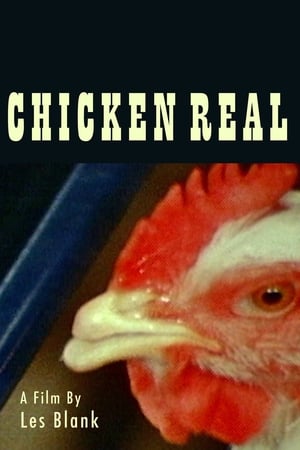Overview
Background is a 1973 American short documentary film directed by Carmen D'Avino. It was nominated for an Academy Award for Best Documentary Short. The original version was preserved by the Academy Film Archive in 2012.
Reviews
Given I saw his "Pianissimo" (1963) a while back I should have expected something abstract from Carmen D'Avino. Well I got it, and I will readily acknowledge that I couldn't really make head nor tail to this amalgam of tinted images. It has a beginning and an end, but thereafter it's impossible to discern just what, if any, message he is trying to convey with this twenty minutes of random animation intercut with (some wartime) photographs all helped along by a score that would not have sounded out of place at a funfare. "Without purity, you're a dead duck" he informs us, but I struggled to find much evidence of purity (or ducks) here as it seemed to work itself into a self-perpetuating frenzy of colours and images. Maybe it's just too visually surreal for me, or maybe it's just emperor's new clothes for people to acclaim without having the faintest idea why. I would say watch it to see what you make of it, but like his work from a decade earlier, it made little sense to me and I found it a bit lengthy, too.

 20 min
20 min
 5.5
5.5
 1973
1973
 USA
USA
 CinemaSerf wrote:
CinemaSerf wrote:

